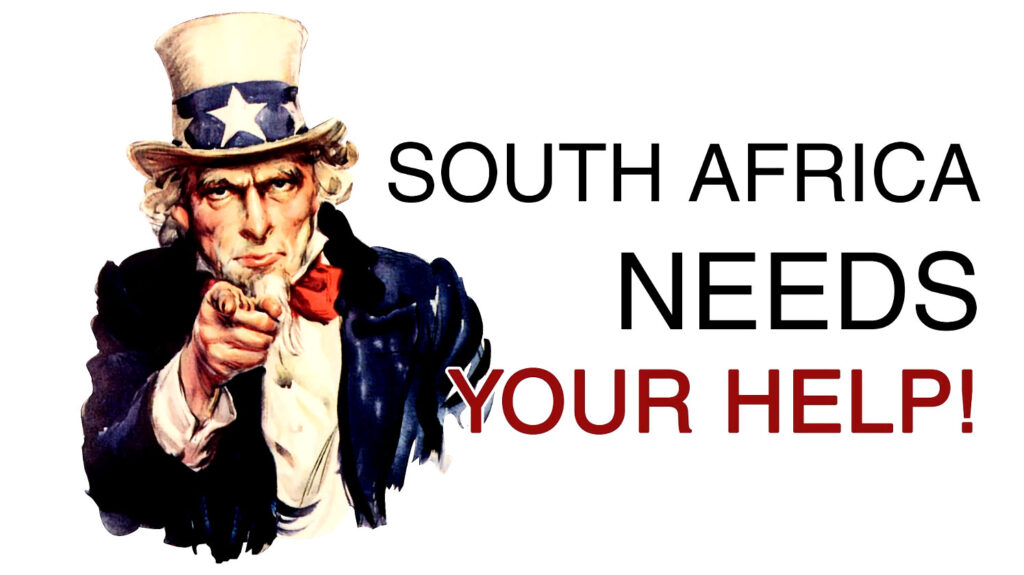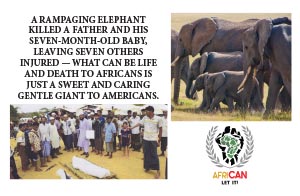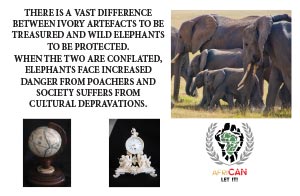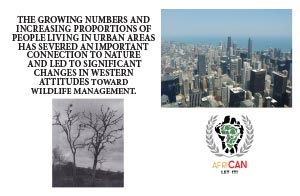
After failing to get CITES to reconsider its ban on trade in ivory tusks or rhino horn, we suggested how southern African countries could work around the prohibition through legal auction markets, art fairs, and therapeutic tourism. While some of the governments were impressed with our approach, none has wanted to go beyond “studying” our proposal further.
Rather than wait for an outcome that could be years in the making, we decided to look for a political party involved in South Africa’s 2024 national election that might be interested in changing the current animal-rights-inspired, do-nothing approach to conservation. We found one — enthusiastic to push for a new dynamic in conservation in return for attracting rural votes and using our word-of-mouth techniques in a political context.
The United Democratic Movement (UDM) is one of the top 10 parties in the South African parliament, formed after General Bantu Holomisa refused to countenance a “little” corruption to make the wheels of the early African National Congress (ANC) governments turn more smoothly. Now, it seems, the citizens of South Africa have finally tired of the results of 30 years of increasing ANC corruption, exploding unemployment (now at 32%), debilitating electricity outages every day across the country, and violent crime out of control. For the first time, ANC popularity is polling nationally well below 50% and a coalition government is likely if the ANC’s Cyril Ramaphosa is to secure reelection as President.
The UDM can be an important part of that new coalition, bring economic development to South Africa’s rural areas, and take care of the wildlife now suffering from starvation, overcrowded reserves, and the effects of climate change. We have urged the UDM to use the slogan “GIVE ’EM CLOUT” to emphasize to young voters, in particular, that effective influence over government policy isn’t only about winning a majority of seats in parliament.
The party has a modest budget for the coming campaign. They have asked if I could help raise some funds to help meet their goals. I think this is a real chance to change the game by ending the overbearing control of the big Western animal right groups in South Africa’s conservation policy, by restoring historic ivory to the antique and auction markets, by allowing rhino horn usage at South African resorts and urban hotels, and by encouraging artisans worldwide to work some of the elephant tusks now languishing in storage.
As a personal favor to me — and perhaps in appreciation for the help our guide to various ballot propositions may have provided over the past 30 years, of an article I might have sent, a report I might have shared, some advice I might have offered, or some help I might have given — please consider sending $5, $10, $20.24 — in honor of the year you helped
change democracy in South Africa for the better — or even more tax deductible dollars to the Ivory Education Institute. We will pass the funds, less any costs, on to the UDM. We will
also keep you informed of the results of this effort.
All the best,
Godfrey (Jeff) Harris
Managing Director
Ivory Education Institute





